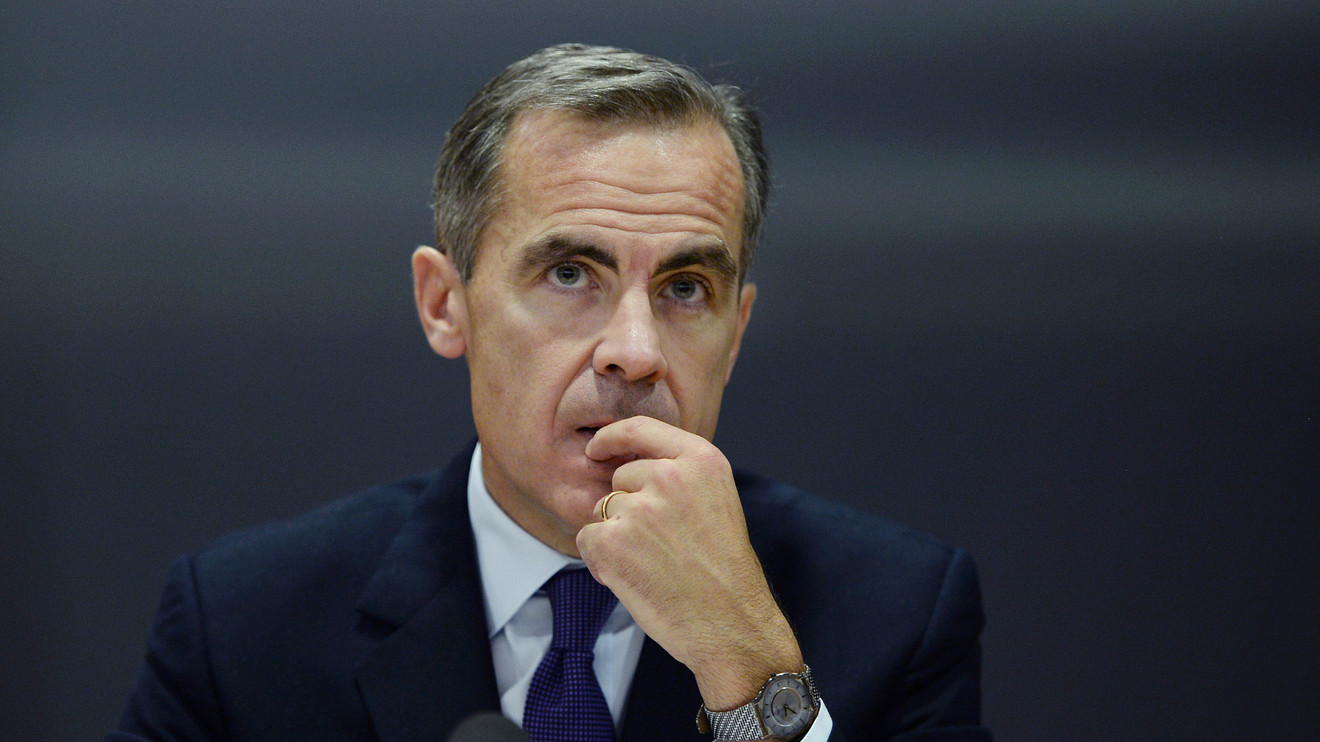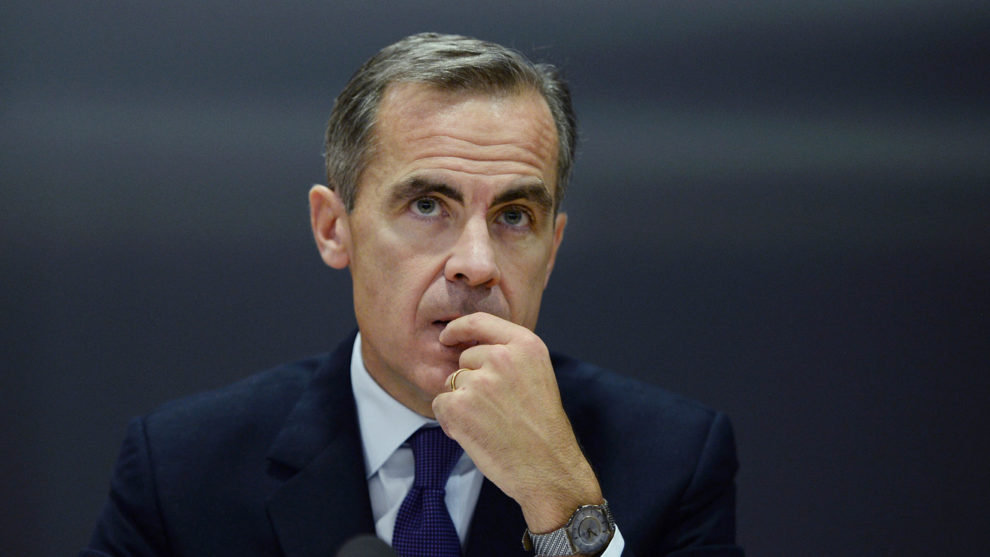
Just as markets were beginning to expect that the Bank of England would cut its key interest rate next week, they have been given serious reasons to doubt that, with data showing the U.K. job market strengthened unexpectedly in the three months to November 2019.
And if the arguments for and against a rate cut now seem to be equally balanced, the decision of the nine-member Monetary Policy Committee next week could well be based more on political considerations than on economic data.
The U.K. Office for National Statistics said on Tuesday that the number of jobs increased by 208,000 in the three months to November. That’s almost twice as much as economists had expected. Meanwhile weekly earnings grew 1.6% in real terms over the same period.
The BoE’s Jan. 30 meeting will take place the day before the U.K. legally leaves the European Union. With the job market still strong, a rate cut could signal some pessimism on the immediate future of the U.K. economy and the upcoming negotiations between London and Brussels on a trade agreement. This would seem to contradict the government’s rosy view on the new freedoms the U.K. will supposedly enjoy once it has left the constraints of the single market.
In his latest speech, BoE governor Mark Carney, who will step down on the very day the U.K. leaves the EU, and who will chair the MPC meeting next week for the last time, said that the central bank was debating whether to keep interest rates “lower for longer.” Two MPC members voted for a rate cut at the last meeting, and two more have since indicated they are leaning toward the same decision.
The problem with the recent data — whether good like the latest employment numbers, or not so good like industrial production or overall growth — is that it predates the December general election that gave the ruling Conservative Party a commanding majority in Parliament, lifting many political uncertainties. That would be an argument for staying put, and incite the BoE to wait for more recent, post-election data before making a decision.
There are two main arguments for a cut. The first is that inflation, at 1.5%, is still far from the BoE’s official 2% target. The other is that the central bank should be proactive and brace for a future slowdown even though it has not yet materialized. Like other central banks such as the ECB, the BoE has to consider many risks looming in the coming year.
Brexit and the possibility of a bad outcome from the UK-EU negotiations is one. But the China-US trade dispute has only ended in an armistice, Iran remains a major source of concern, and as shown by the situation in Libya, the world isn’t lacking for other trouble spots.
The pound GBPEUR, +0.3070% strengthened on the U.K. job numbers, which won’t help the BoE on the inflation front. If it chooses to cut rates next week, the central bank will also help devalue the pound further. Even after a surge since last August, the U.K. currency has lost 11% against the euro since the 2016 Brexit referendum. At least a cut might contribute to make U.K. goods more competitive on European and world markets, helping to cushion Brexit’s negative impact on foreign trade.












